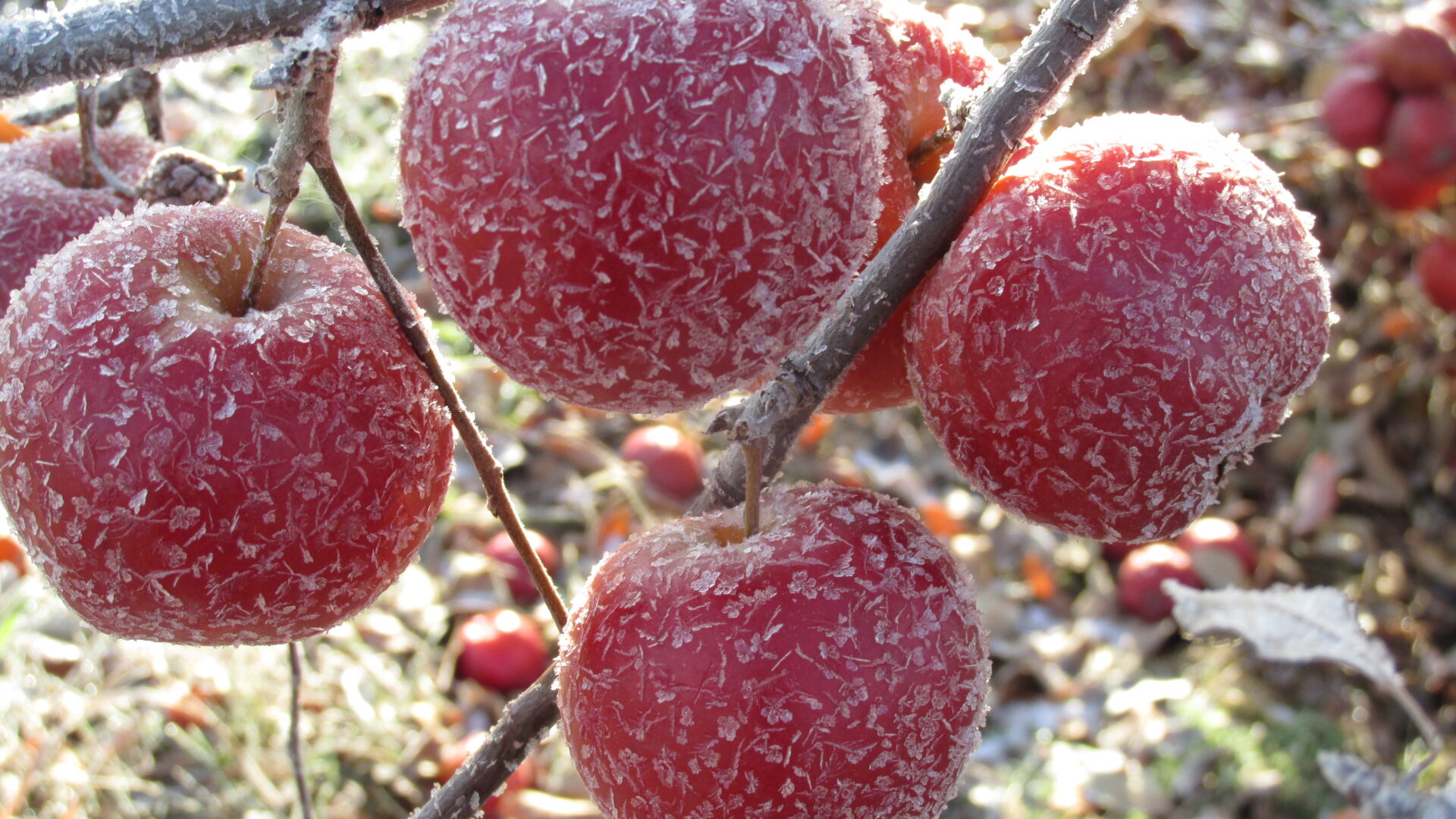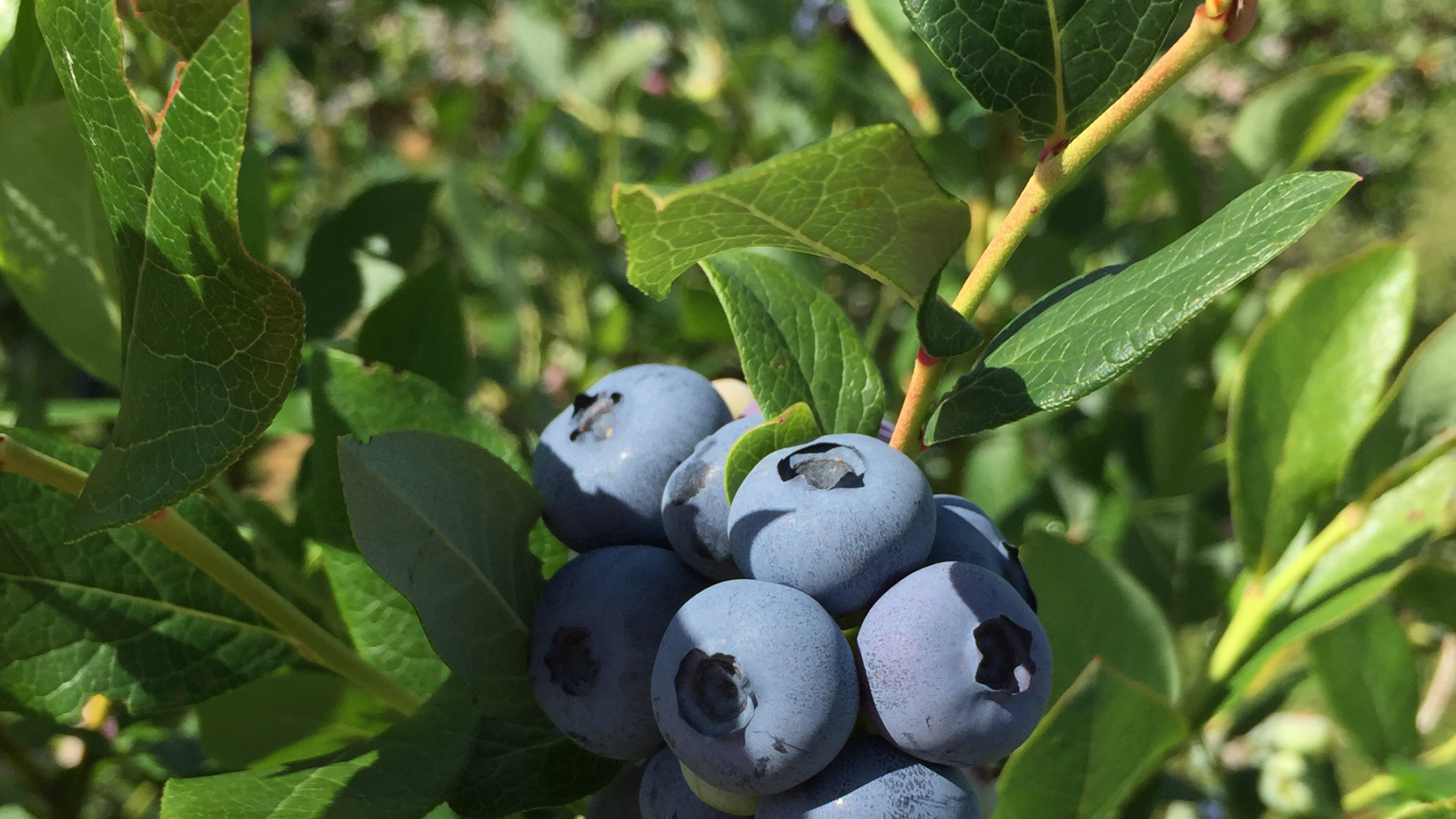Description
Recognition of Cidre de glace du Québec as a Protected Geographical Indication (PGI) was granted on December 30, 2014 by the Ministre de l’Agriculture, des Pêcheries et de l’Alimentation du Québec in legal notice 62532 published in the Gazette officielle du Québec, volume 146, no. 53.
A thoroughly Québec product, the fruit of the winter and local expertise
Three factors combined to give birth to Québec ice cider: the history of apple growing in Québec, the subsequent development of cider production, and innovation.
The innovation component lies in allowing cold weather to naturally concentrate the sugars in apples and their juice, a technique that Québec cider producers have perfected, adapting it to local geographic conditions. The 2000s were noteworthy for the spread of techniques used to concentrate the sugars found in all ice ciders. This period also saw growing recognition of ice cider from consumers, and growing awareness of the Cidre de glace du Québec PGI. From this point of view, the commercial success of ciders bearing this designation in the province, in Canada and, increasingly, in international markets has sparked substantial growth in the cider industry and provided apple growers with new outlets, ensuring the long-term survival of an orchard-cider mill system adapted to market conditions. The resulting added economic value of Québec-grown apples has become greater than that of simply selling late-season apples at market prices.
The organoleptic properties of products bearing the Cidre de glace du Québec PGI include aromas of fruit, flowers, cooked apple, fresh apple, sugar, honey, brown sugar, exotic fruits, lichee, apricot and fig.
Key certification requirements
Cidres de glace du Québec are sweet hard ciders made exclusively from late-season apples grown in Québec and harvested at maturity, obtained from partial fermentation of apple juice whose sugars are concentrated solely by natural cold weather conditions.
The apples must be pressed between December 1 and March 1 inclusive. Two methods may be used to achieve the cold concentration of sugars: cryoconcentration and cryoextraction. Cryoconcentration designates a process of concentrating sugars in the juice of apples harvested during the autumn and kept in cold conditions until pressing. Cryoextraction designates a process of concentrating sugars in the whole fruit. The first process involves the use of whole apples that have been allowed to freeze naturally after picking in the autumn and are then pressed, while the second involves the use of apples that have been allowed to freeze on the tree, picked frozen and then pressed. For Cidre de glace du Québec that uses the second method, only apples that have remained on the tree until at least December 1 and picked after that date may be used.
Residual sugar (at least 140 grams per litre) and alcoholic strength (minimum 9% and maximum 13% by volume) are solely the result of the apple’s natural sugars. Cidre de glace du Québec contains no added natural or artificial colourings or flavourings. Cidre de glace du Québec may be still or sparkling (traditional method or Charmat process).
Before being granted permission to use the designation, a product must be evaluated by a tasting panel using criteria set out in the specifications manual of the designation.
It should be noted that processed products (food or alcoholic products) containing Cidre de glace du Québec are not subject to mandatory certification. However, if processed products display the designation, the alcohol used by the processor must be certified as compliant with the specifications of the designation.
Geographical area of the designation
The currently delimited geographical area for Cidre de glace du Québec is determined by plant hardiness zone 3a and higher. The geographical area of the Cidre de glace du Québec PGI is shown in the following map (PDF image).
Accredited certification bodies
The accredited certification body for the Cidre de glace du Québec PGI is Ecocert Canada. For more information on certification, send an email to: info.canada@ecocert.com

